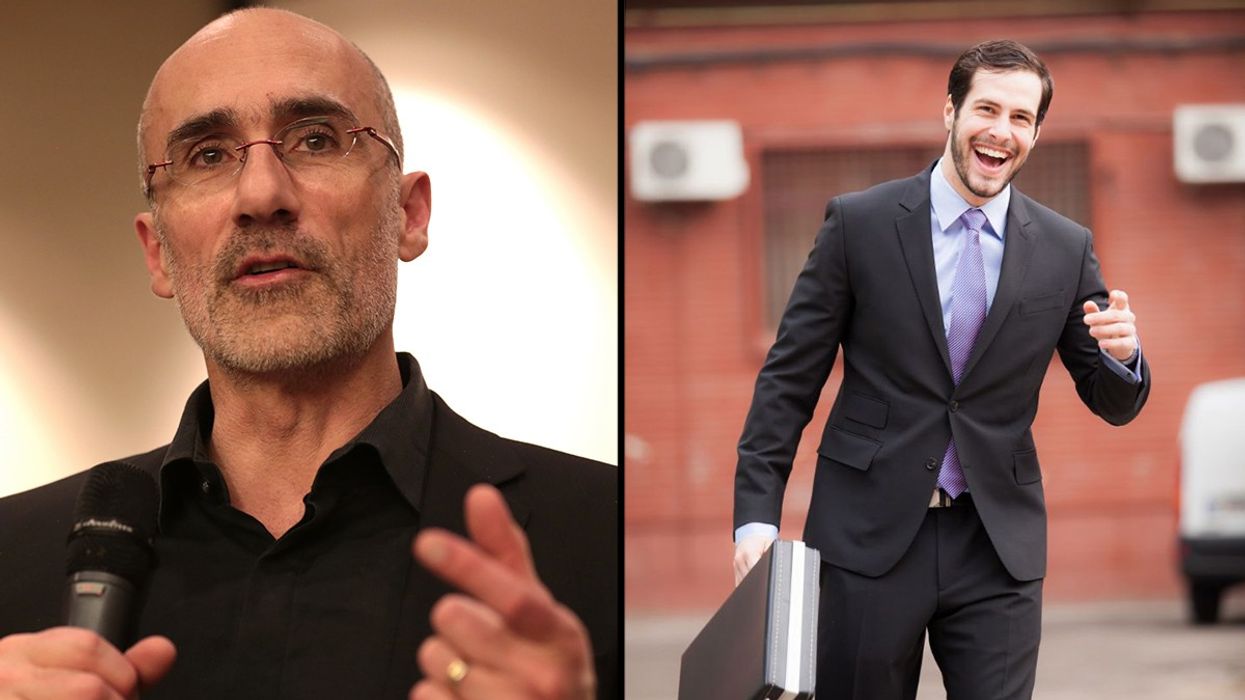Popular perception can change the way a profession is viewed in little more than an instant. As the spread of information is facilitated by social media, the line between perception and truth blurs, leaving those maligned — often unfairly — wondering what just happened.
While professional clowns are hardly prevalent in the workforce, their plight demonstrates the frustration that comes with being colored by pop culture’s legacy and little else. Though they rose to prominence and even high esteem through their talent and willingness to entertain, clowns have had a rough go of the past few, well, decades, and the most recent box-office phenomenon makes it seem as though there’s no end in sight for their torment in the media.
As the cinematic adaptation of Stephen King’s “It” shatters box office records, the creepiness and subversive terror of clowns, one of which serves as the villainous Pennywise in the story, make for relevant topics.
However, with the fall in popularity of circuses following allegations of animal cruelty, the clowns who remain standing aren’t suffering in silence, even by King’s own account on Twitter.
King’s response appears to be in line with much of the general public on social media, many of whom adhere to the “clowns are sinister” trope for the sake of little more than a cheap laugh.
Recently, two professional clowns from the U.K. appeared on the British television show “This Morning” to share their grievances with their portrayal in pop culture and “It” specifically and also to take a few jabs at the quality of the film itself. Rob Bowker and Andrew Davis, in addition to being veteran practitioners of clowning, represent Clowns International and the World Clown Association respectively.
While speaking to the film, which opened in the United States to much fanfare this past weekend, Bowker and Davis also spoke to an increasingly hostile climate for those in their line of work. Davis spoke generally of the instances in which he was faced with disinterest by averse individuals. “If I’m out working, it tends to be people who’ll drop their eyes down or they’ll move away from me, if I’m working or performing. And certainly if someone’s who’s got a phobia or a fear of clowns doesn’t come up to me. I mean, I don’t like spiders; I keep away from spiders. … People do that the same with the clowns,” he said.
Bowker took a more assertive tone against “It” in particular, blasting the film as much, if not more, on its production values and quality than on its depiction of clowns and its effect on his professional brethren.
“It's nothing to do with clowning, and everything to do with a cheap Hollywood movie that's taken millions of pounds. Because they don't need Brad Pitt; they don't need Tom Cruise. The guy who's playing the clown, never heard of him. ... I've got no problem with the film,” he stated. “It's a cheap budget movie, poor CGI graphics. I reckon the guy who invented the fidget spinner has also done this film because they've spent as little money as possible for maximum effect.”
Bowker and Davis aren’t the only ones in their line of work speaking up. Clowns the world over are protesting the film in an effort to mitigate the other recent damage done to their profession. 2016 saw a “clown crisis” gone viral that led to sensational items reading as tongue-in-cheek but still characterizing clowns in an overwhelmingly negative light.
More recently, even the Lawrence, Kansas, police turned a clown-themed prank into a viral joke, with a nod to the 2016 clown sightings.
2016 also included the debut of the Zach Galifianakis cringe dramedy “Baskets” featuring a hapless-verging-on-pitiful clown, but the phenomenon surrounding “It” appears to be a far more grave concern for those in the clowning industry.
World Clown Association president Pam Moody, speaking to The Hollywood Reporter said the hostility towards clowns was an obstacle, but “It” presents an even more imminent threat to the daily life of clowns as well as the profession’s viability. “Last year we were really blindsided,” she said. “We've since created a press kit to prepare clowns for the movie coming out.”
That press kit, fighting against the violent and creepy stereotypes clowns face, can be read here.
Moody maintains that the effects of the characterizations are quantifiable, costing clowns work and income. “People had school shows and library shows that were canceled,” she said. “That’s very unfortunate. The very public we're trying to deliver positive and important messages to aren't getting them.”
Miles Leahy of Clowns Canada stresses the importance of the public’s distinction between working clowns and the damaging representations on-screen. Speaking to Global News in response to “It,” he says, “People have to remember these are not clowns. These are people dressed up in a clown costume who enjoy the power of being able to terrorize people.”
Regardless of what one sees as the cause of the decline, it’s a safe bet that “It” isn’t doing the enrollment figures any favors in the near future, and the adage “any press is good press” doesn’t seem to be applicable to those rallying against a growing stereotype.





















